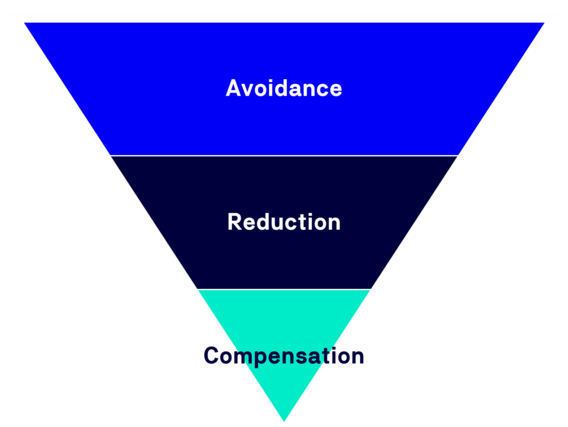Innovation and Optimisation
Reducing greenhouse gas emissions requires optimizing the value chain. Emission hotspots within the company - caused, for example, by energy-intensive production processes or corporate mobility - can only be identified and effectively addressed through an integrated corporate climate strategy. This creates increased innovation potential, steering the company toward a modern and future-oriented business model.
Financial Benefits
Optimizing business processes - such as through sustainable mobility and energy management - not only reduces greenhouse gas emissions but also delivers financial benefits. In the long term, companies can profit from numerous resource and cost savings, for example through the elimination of carbon taxes or access to funding opportunities. Additionally, the criterion of “climate neutrality” is becoming increasingly important in tenders, securing better long-term contract opportunities for the company.
Employer Attractiveness
Surveys confirm that the vast majority of employees in Germany want environmental awareness to play a greater role in their company. Furthermore, for nearly two-thirds of respondents, the presence of a sustainability agenda is relevant when applying for a job - sometimes ecological and social factors even matter more than salary. Climate-neutral companies, therefore, significantly enhance their attractiveness as employers.
Competitive Advantage
Sustainability is increasingly important not only for employees but also for customers and other stakeholders. The ZukunftsInstitut identifies “Neo-Ecology” as the most significant megatrend and a dominant economic factor of our time. By operating as a climate-neutral company, businesses not only meet the expectations of their existing stakeholders but also expand their target audience to include new customer segments.
Strong and Credible Brand
Doing the right things and doing them right! Transparent communication of climate protection activities - potentially supported by certifications, labels, or awards that verify the company’s climate neutrality - enhances trust and credibility.





